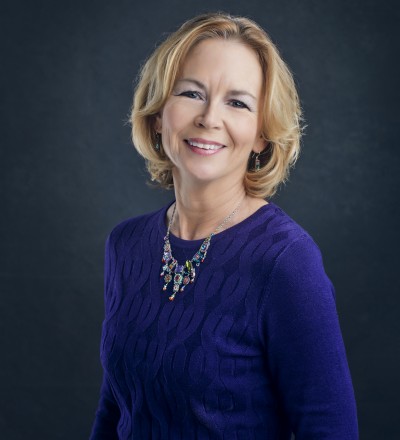Using a reverse mortgage in divorce has recently come to my attention. Reverse mortgages got a bad rap when they first came out, but the industry has cleaned up their act and they are something, given the right situation, that could help my clients (or I should say one spouse) keep the marital home in divorce.
The marital home is usually one of the largest assets in a marriage. This can be particularly true in a “grey divorce” because older couples have often owned their home longer, have more equity in their home, and are closer to paying off their mortgage. In divorce, higher equity may make it more difficult for one spouse to buy out the other spouse’s interest in the home for two reasons: 1) they may no longer be working and therefore they have no income to qualify for refinancing, and 2) there may not be sufficient other assets with value large enough value to offset half of the equity in the home. In addition, now that income in spread between two homes, one spouse may struggle to pay the monthly mortgage.
Reverse mortgages in divorce are available to those age 62 or older. A reverse mortgage can be tailored to fit the needs of the couple and payments can be made in a lump sum, periodic payments, or a combination. For example, in one situation, upon closing of the reverse mortgage, the existing mortgage could be paid off and extra funds could be disbursed to the departing spouse (the non-house spouse). If in another situation, if there is no mortgage, a reverse mortgage could be used to pay the departing spouses equity in the home. The departing spouse must be removed from the home title.
In all reverse mortgages, repayment becomes due upon the borrower’s relocation or passing or upon the sale of the home. Additionally, borrowers must fulfill obligations such as paying property taxes and homeowners insurance payments throughout the loan duration and they must keep the home maintained.
What has made me more comfortable about reverse mortgages is that to qualify for an HECM (a Home Equity Conversion Mortgage), people must receive reverse mortgage counseling from a HUD-approved counseling agency. Reverse mortgage counselors are trained and approved by HUD to provide unbiased information to older adults. They will alternatives to an HECM, reverse mortgage costs, payment plan options, and can help you understand if a reverse mortgage can help you divide assets in your divorce.
If you already have a reverse mortgage and are divorcing, please refer to my article -

